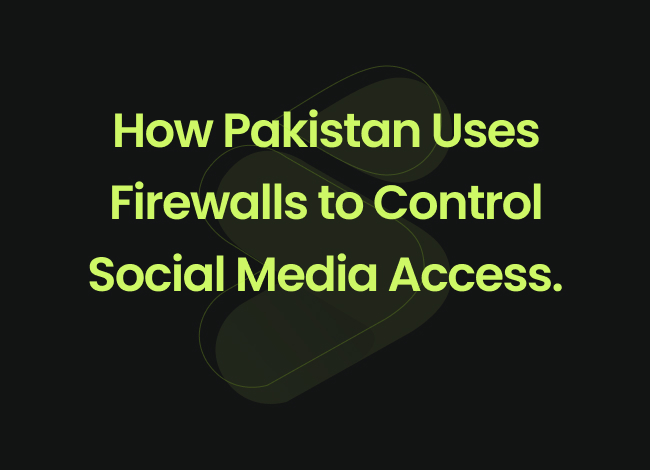Introduction:
Are our personal accounts going to be hacked? Has the government of Pakistan gained access to our personal information? Is it going to Control our Social Media? How to Avoid the New System? These all are the flash news that quickly spread all around Pakistan. These are the key concerns that we are going to discuss in this article.
Let us be clear, the above mentioned news has no reality. To address these worries, the Pakistan Telecommunication Authority (PTA) uses firewalls to help protect our online privacy. Firewalls act like security guards for the internet, blocking unwanted access and keeping our personal information safe. By understanding how firewalls work and how to stay safe online, we can better protect ourselves in this age of increased digital oversight.
Let’s prove this by understanding what a firewall is in real sense and how it works.
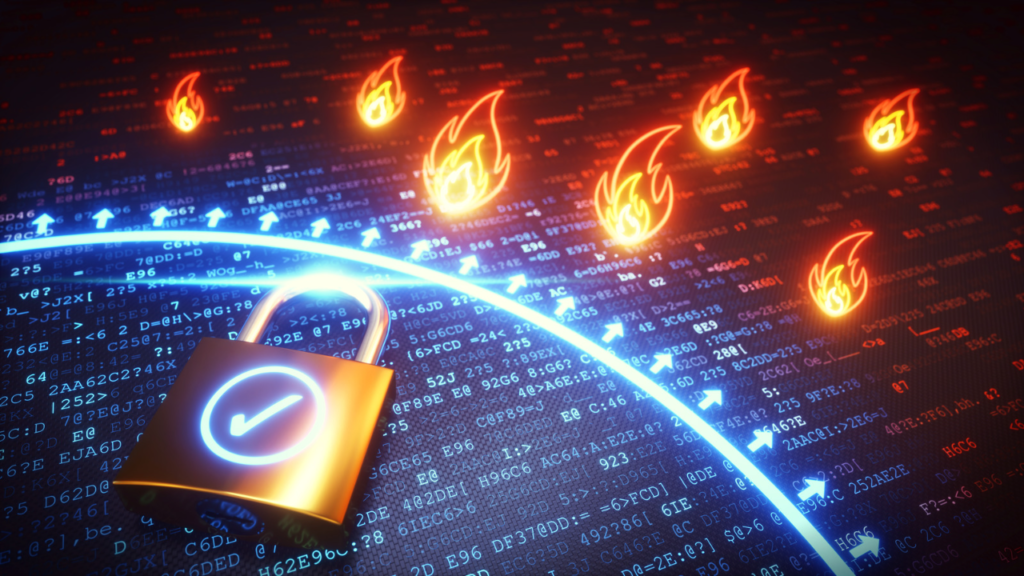
What is a firewall?
Firewalls are special security systems with filters organized at the network level, with the primary function of controlling incoming and output traffic according to established security standards. It exists to segregate a secure internal network from an unsafe external network, for example, the Internet. In its ability to control traffic that enters or exits a network, a firewall assists in minimizing intrusions and other safety threats.
How Do Firewalls Work?
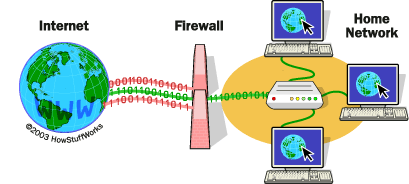
Firewalls operate using several core principles:
Traffic Monitoring and Filtering:
Firewalls analyze data packets which is information that transits in and out of your network. They have rules to allow or block this traffic.
Access Control:
Policies are controlled in firewalls through either allowing or blocking in certain IP addresses, port numbers and protocols.
Threat Prevention:
They identify and prevent malicious traffic that poses a threat to exploitation and susceptibilities.
Logging and Reporting:
Firewalls monitor several activities within a network, and a good firewall keeps records of these activities in a log file which are vital when analyzing a security breach.
The Role of Firewalls in Pakistan
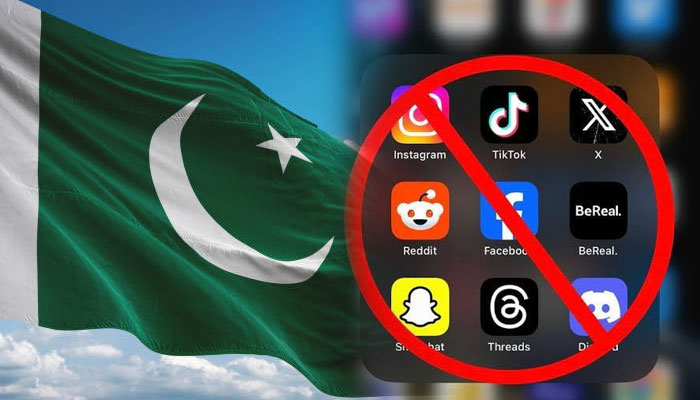
Firewalls are working all over the world. Firewalls can be defined as one of the advanced security measures that help Pakistan protect itself. Effective firewalls are used in Pakistan as part of different sectors of the society to maintain security of the networks as well as to follow the policies of the country.
Let’s delve into how firewalls are utilized in different contexts within the country:
Government and Regulatory Use:
Thus, the internet traffic and regulations in Pakistan are supervised and controlled by the Pakistan Telecommunication Authority (PTA). Filtering mechanisms such as firewalls are used in preventing student’s access to certain sites as well as contents considered unfit or unlawful. It assists to follow the national laws and regulate the information flow in and out of the organization.
Corporate Sector:
Firewalls are used in business establishments in Pakistan as a mean of securing the internal network from threats originating from cyberspace. Firewalls assist in guarding the business’s critical information, enabling proper remote working for employees, and protecting the main network. For instance, in finance and banking industries, firewalls are deployed as barriers in protecting customer and firm information from intruders’ access to their systems.
Educational Institutions:
Institutional firewalls are employed in schools and universities to offer appropriate internet connectivity for the learners and teachers. They filter out objectionable material, restrict one from accessing inappropriate websites and secure sensitive research information. Still, by securing them with firewalls, the schools and similar institutions should set up an environment that is at least a bit safer for work and learning.
Service Providers:
Internet Service Providers (ISPs) in Pakistan apply firewalls to ensure that clientele receive safe and filtered shifting services. This is especially for using parental controls, content filtering, as well as protecting against cyber threats. ISPs occupy a very strategic position when it comes to ensuring consumer’s Internet safety at end user level.
Firewall Hardware Devices:
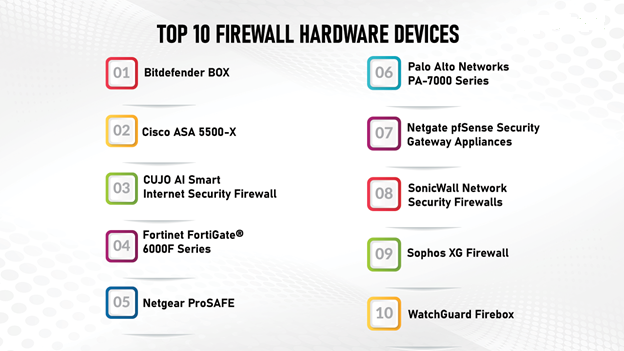
Challenges and Considerations
While firewalls are an essential component of network security, they are not without challenges:
Configuration and Management:
Firewalls work properly when properly configured. Since appropriate configurations, systems are at high risk of various forms of insecurity. This threatens the security of the system due to the change in activities making it require constant update and maintenance to keep up with the new security threats.
Balancing Security and Accessibility:
Due to the increased sophistication, firewalls have to possess a balance between security and convenience. While some companies may have strict policies in matters concerning their networks, other companies may have different flexible policies and this can greatly affect the flow of the company in terms of productivity and the exposure of their networks to insecurity. Thus, while guarding the system against potential threats, the task of wall or firewall management is to discover this equilibrium of how to protect while also providing for functionality.
Keeping Up with Threats:
Since the cyber threats are dynamic in nature, firewalls are required to update their securities regularly to protect against the new wave of cyberattacks. Learning about the new threats and incorporating them in the rule format of the firewall system is important in ensuring a good security system.
Examples of Firewall Use in Pakistan
There are various firewalls used in organization and few of them are briefly described below with reference to some of the organizations in Pakistan:
Educational Institutions:
Organizations such as the universities deploy firewalls to restrict some URLs that do not relate to educational institutions to eliminate distractions and guard research information from the outside world.
Government Agencies:
The firewalls also assist in implementing national cybersecurity measures, evaluating for intrusion and intrusion unauthorized access, and regulating the traffic of really sensitive information.
Conclusion:
No doubt, firewalls have some limitations but Firewalls are one of Pakistan’s foundations of protection that have a diverse role in different industries. No matter whether it is to shield confidential corporate information, to guarantee the safe access to the internet in schools and offices, or to meet legal and regulatory standards, firewalls serve a designated purpose in security spheres. The Pakistan Telecommunication Authority (PTA) utilizes firewalls to monitor and control internet traffic, helping to block unauthorized access and protect against cyber threats. By doing so, the PTA aims to maintain a secure digital environment and uphold national security standards. Although firewalls are not without flaws, their implementation helps organizations and individuals shield themselves from ongoing cyber threats.
So, all the news moving through society to society in Pakistan has no reality. The Government of Pakistan is doing good for its people. Perhaps it involves some political interests but we think it will prove a good step by the Government of Pakistan.
